Sebastião Salgado
Retrospective
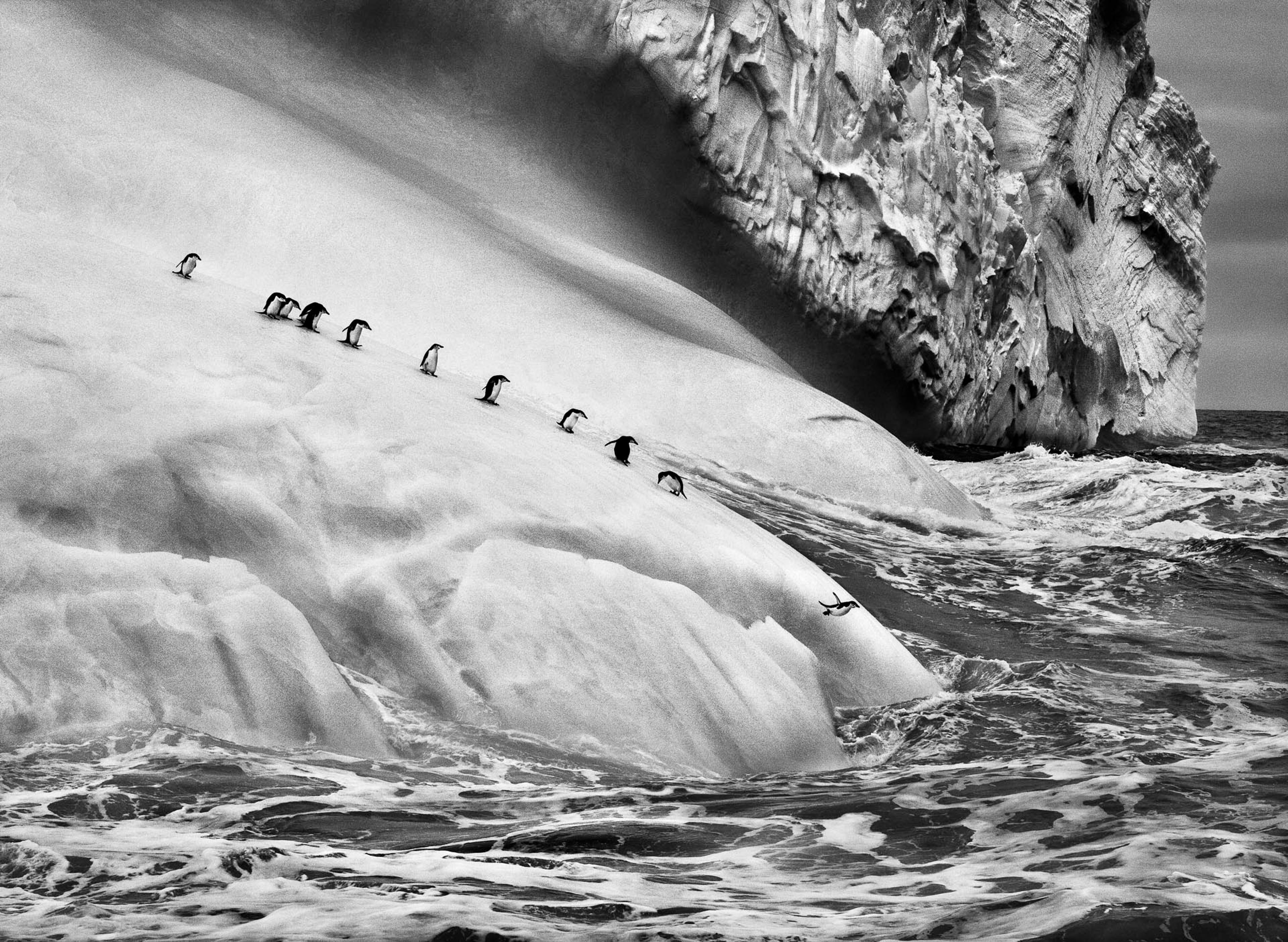
Fotografiska Shanghai is honored to present the first major posthumous retrospective of Sebastião Salgado (1944–2025) from July 18 to November 8, 2025. Organized by Fotografiska Shanghai in collaboration with Chengdu Contemporary Image Museum, with academic support from Jean-Luc Monterosso and special support by the Embassy of the Federative Republic of Brazil in Shanghai.
ABOUT THE EXHIBITION
The exhibition systematically traces Salgado’s photographic work cross nearly half-century, including seminal series such as Genesis, Workers, Migrations, Sahel, The Scent of a Dream, and Other Americas. These works collectively unveil the human condition, natural epics, and societal transformations captured through his lens. Widely recognized for the aesthetic rigor and ethical urgency of his work, Salgado's images transcend conventional documentary photography, offering a visual language that merges journalistic inquiry with a profound humanist perspective - creating timeless works of both social significance and artistic mastery.
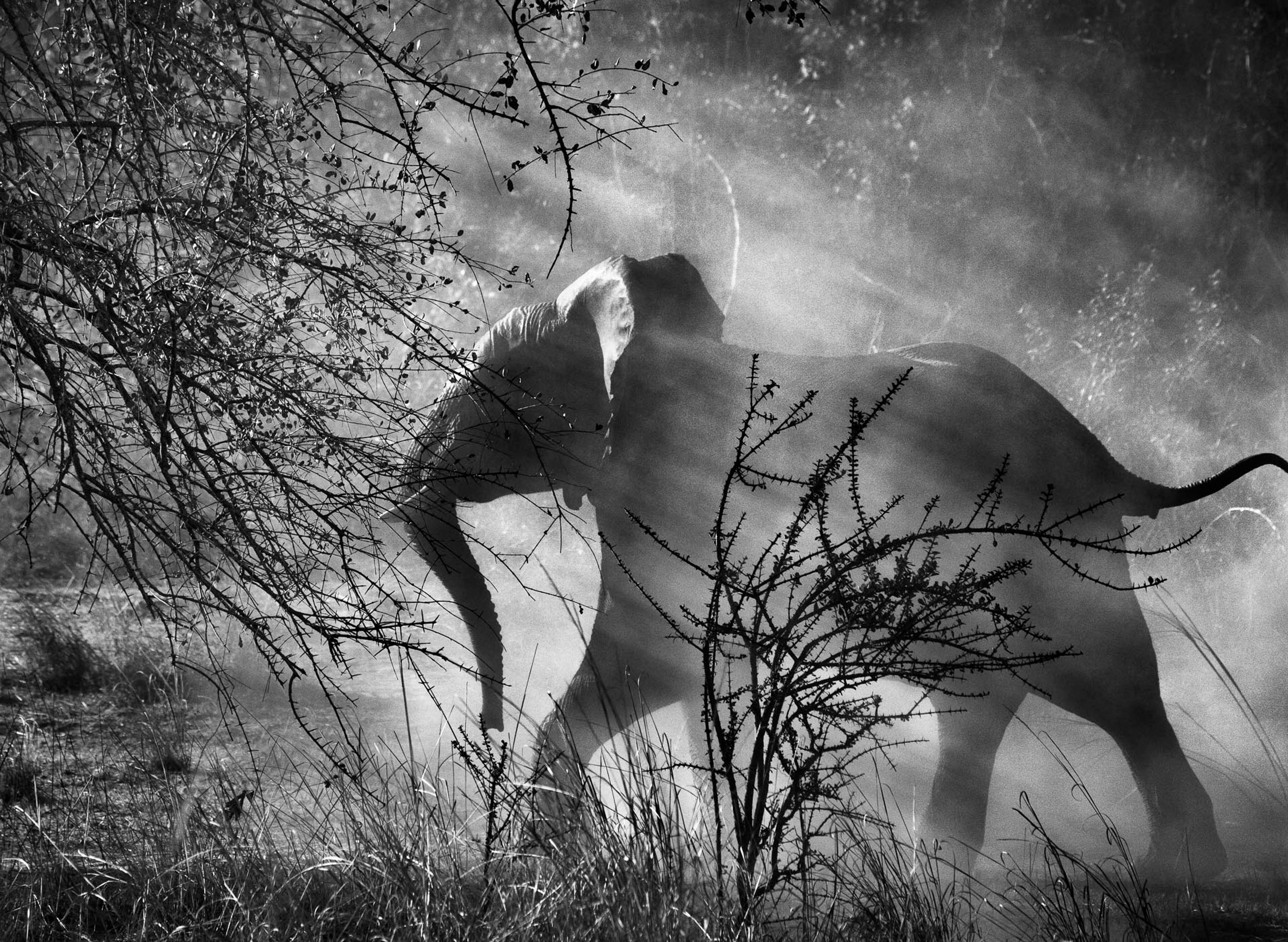
As one of the most influential documentary photographers of the contemporary era, Salgado's photographs operate not only as historical documents but as interventions within cultural and political discourse. From the famines and wars of 1970s Africa to laborers in the tide of global industrialization, from rural Latin American cultures to the untouched wonders of Genesis, his work documents the human condition, global inequalities, and the fragile relationship between humanity and the natural world through incisive insight and a distinctive aesthetic. His lens gave visibility to the invisible, the marginalized, and the endangered - all are rendered visible with clarity and monumental beauty, challenging audiences to confront the social, environmental, and ethical urgencies of our time.
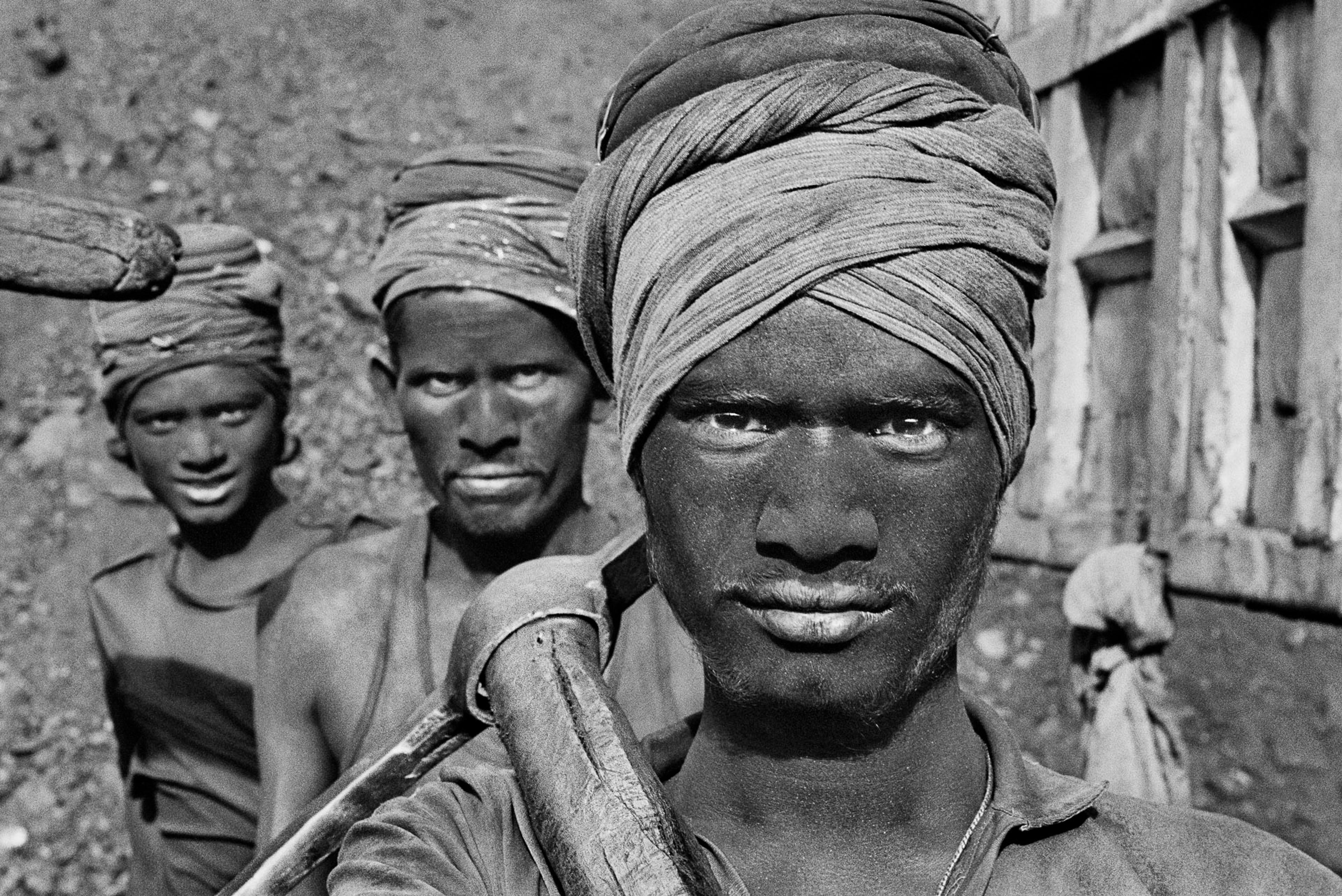
To deepen audiences’ understanding and engagement, Fotografiska Shanghai will augment the exhibition with immersive sensory elements, such as environmental sound effects and scent installations. During the exhibition, Fotografiska Shanghai will also host a series of activities such as themed talks, workshops, and cultural events, inviting audiences to reflect on themes like ecological preservation and social justice.
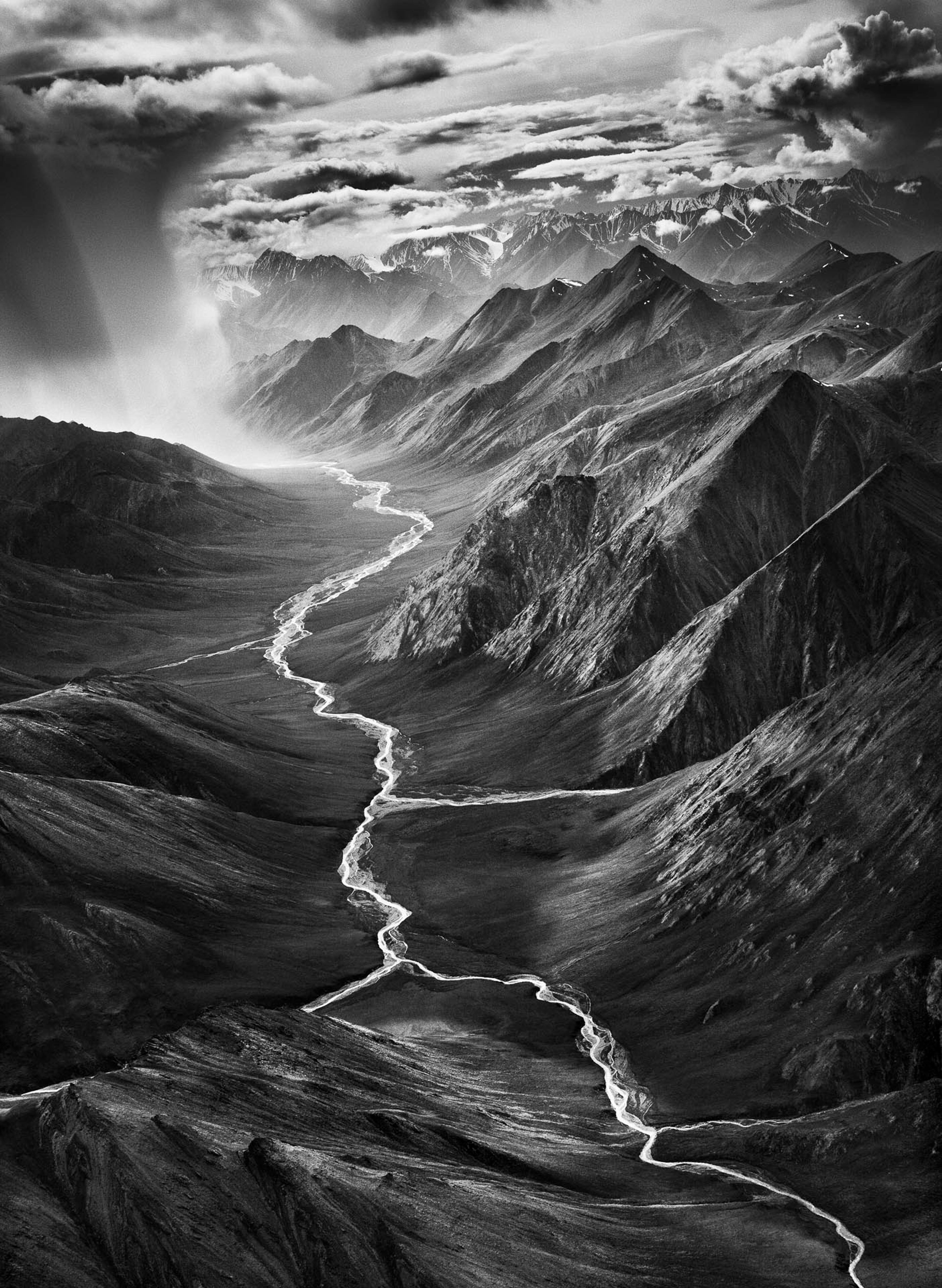
As the first institutional tribute of this scale after his death, the exhibition invites reflection on the enduring relevance of Salgado’s vision. In an era marked by ecological precarity, global displacement, and social fragmentation, his work continues to resonate—as both a testimony to human resilience and a call to collective responsibility. As his wife Lélia Wanick Salgado once said: "His lens made the unseen visible, and gave voice to the voiceless."
ABOUT THE ARTIST
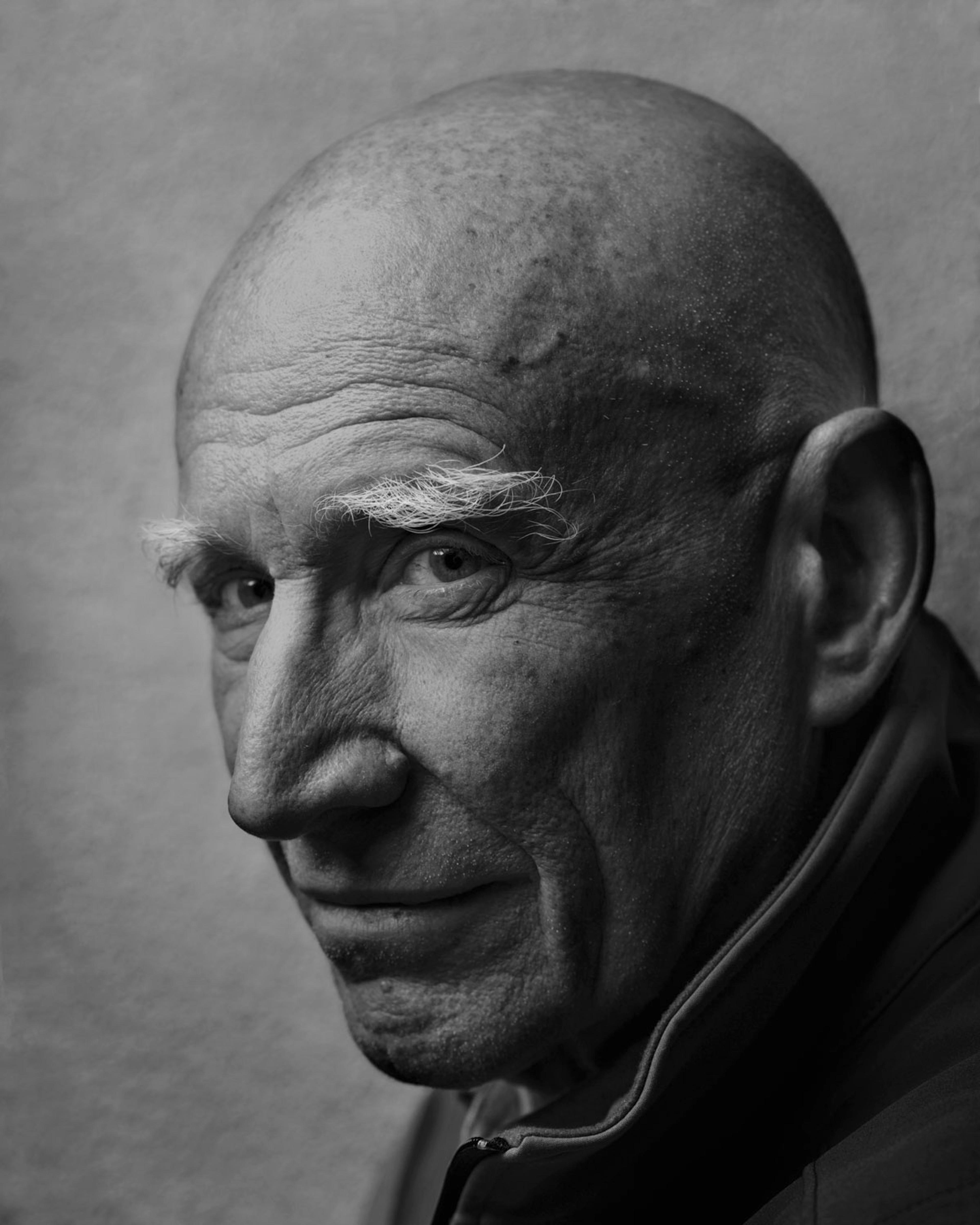
Sebastião Salgado (1944-2025) was born in Aimorés in the state of Minas Gerais in Brazil. Having studied economics, Salgado began his career as a professional photographer in 1973 in Paris, working with such leading photo agencies as Sigma, Gamma and Magnum Photos. In 1994, he and Lélia Wanick Salgado founded Amazonas Images, an independent agency formed exclusively for his work.
His photographic assignements and long-term projects have taken him to over 100 countries. Beyond myriad press publications, his principal work has been presented in books such as Other Americas (1986), Sahel: l’homme en détresse (1986), Sahel: el fin del camino (1988), Workers (1993), Terra (1997), Migrations and Portraits (2000), Africa (2007), Genesis (2013), Scent of a Dream (2015) and Kuwait, a desert on fire (2016). Further, touring exhibitions of these works have been, and continue to be, presented in museums and galleries throughout the world - in more than 300 venues to date.
Salgado has also been the subject of major profiles. In 2013, the French journalist and writer Isabelle Francq published De ma terre à la Terre (From my land to the planet), a narrative account of the photographer’s life and career. The following year, Salgado was the focus of a documentary film, The Salt of the Earth, co-directed by Wim Wenders and Juliano Ribeiro Salgado. Selected for major movie festivals, it won the Special Prize at the 2014 Cannes Film Festival in the « Certain Regard » section, as well as France’s César Award for Best Documentary Film in 2015. That same year, The Salt of the Earth was also a finalist for the Oscar for Best Documentary at the 87th Academy Awards.
Sebastião Salgado enjoys wide recognition for his accomplishments. He is a UNICEF Goodwill Ambassador, and, among other distinctions, he was named an honorary member of the Academy of Arts and Sciences in Massachusetts, USA. He has also been awarded Doctor Honoris Causa degrees in several universities across the world.
His photography has earned him numerous other prestigious honors, among them the Grand Prix National, Ministry of Culture, France ; the Príncipe de Asturias Award for Arts, Spain ; and the Medal of Presidenza della Repubblica Italiana, International, Research Center Pio Manzù, Italy. He was named Comendador da Ordem do Rio Branco in Brazil, and Commandeur de l’Ordre des Arts et des Lettres, Ministry of Culture in France.
In 2016, Salgado was elected a lifetime member of the Académie des Beaux-Arts of the Institut de France, occupying the seat previously held by Lucien Clergue. That same year, France named him Chevalier (Knight) de la Légion d’Honneur. In 2018, he was made Chevalier de l’Ordre du Mérite Culturel by the Principality of Monaco. And this year, he was elected Foreign Honorary Member of the American Academy of Arts and Letters, New York, USA.
As a measure of their devotion to protecting the planet, since the 1990's Lélia and Sebastião have worked together on the restoration of part of the Atlantic Forest in Brazil, in the state of Minas Gerais. In 1998, after this land was officially proclaimed a nature reserve, they created the Instituto Terra. The Instituto is dedicated to reforestation, conservation and environmental education.
